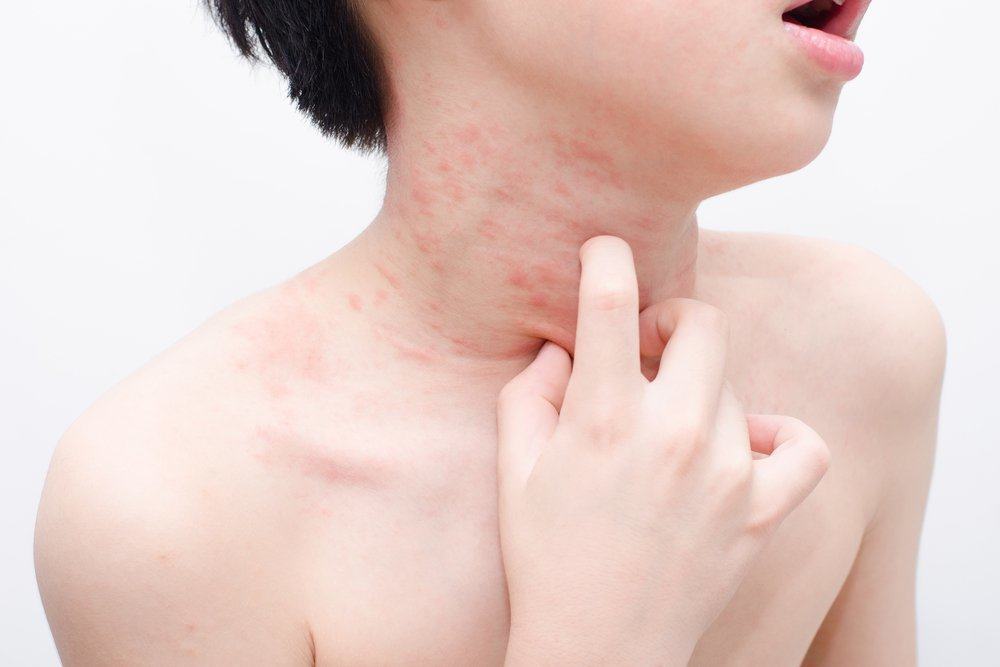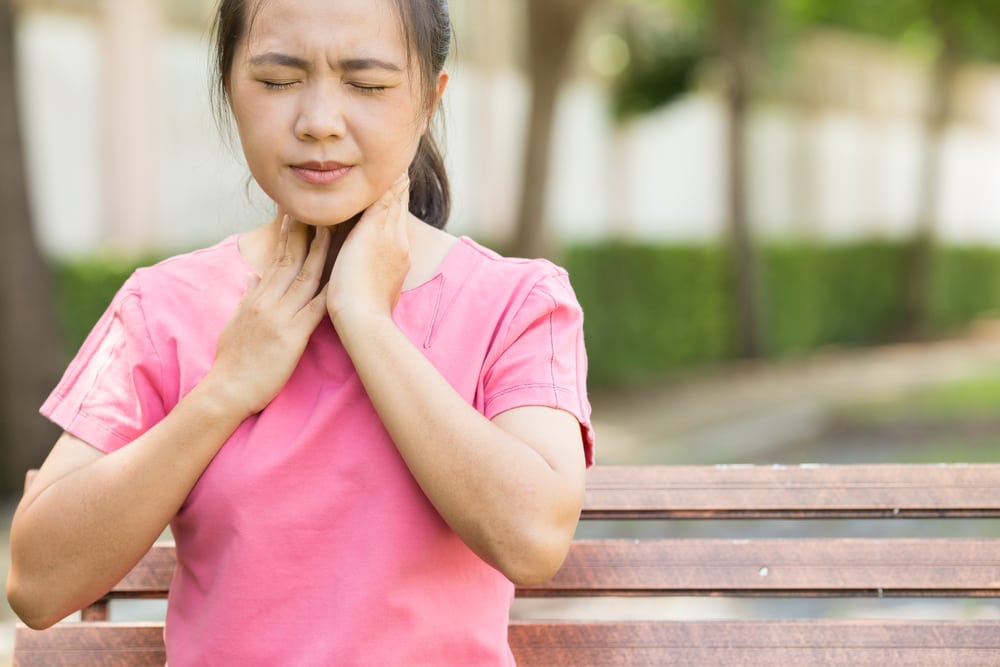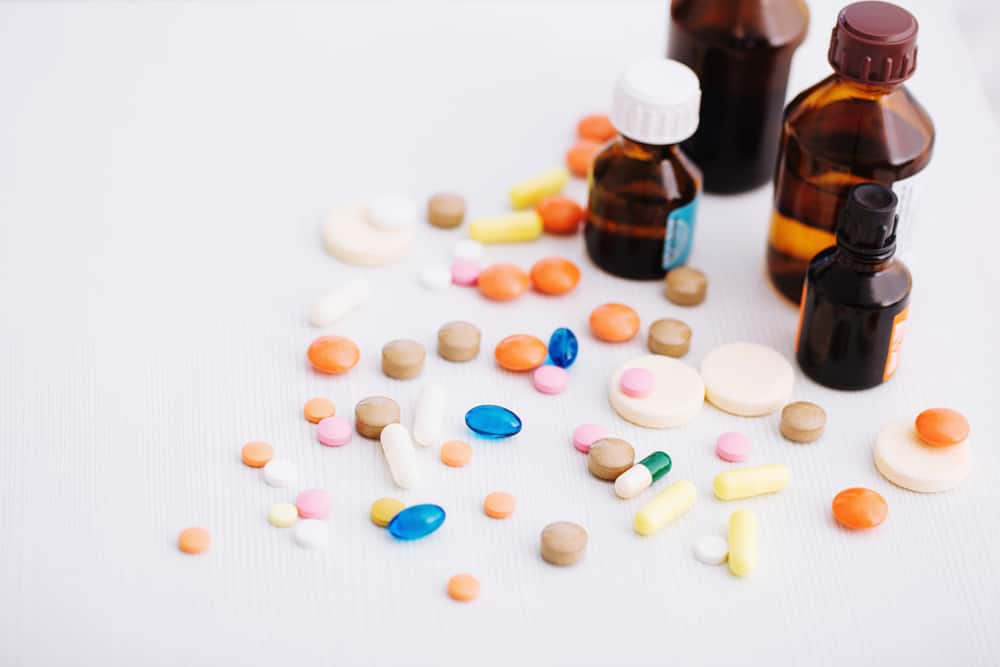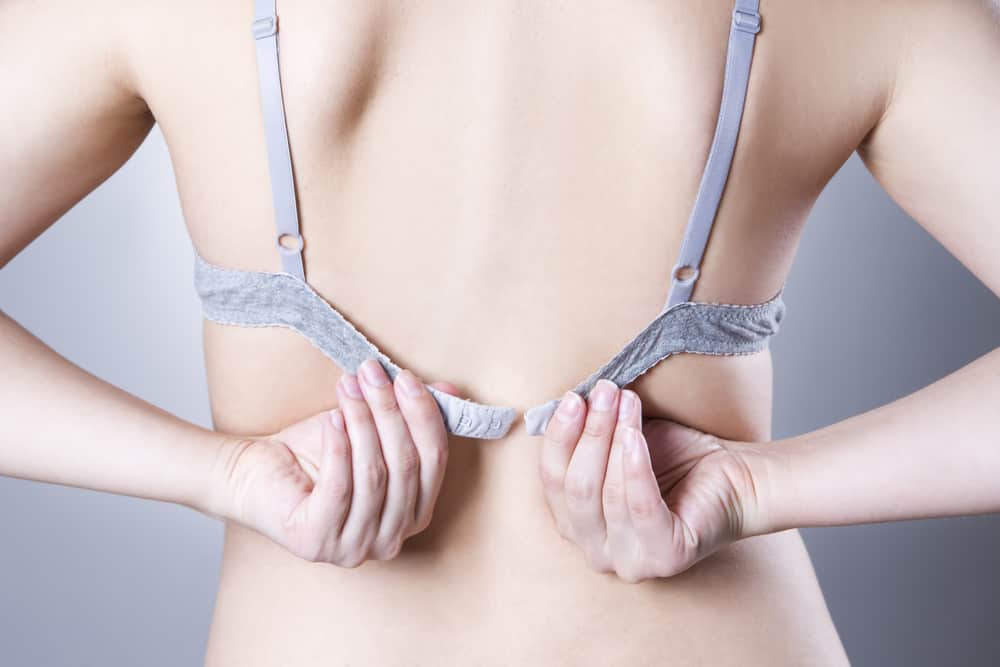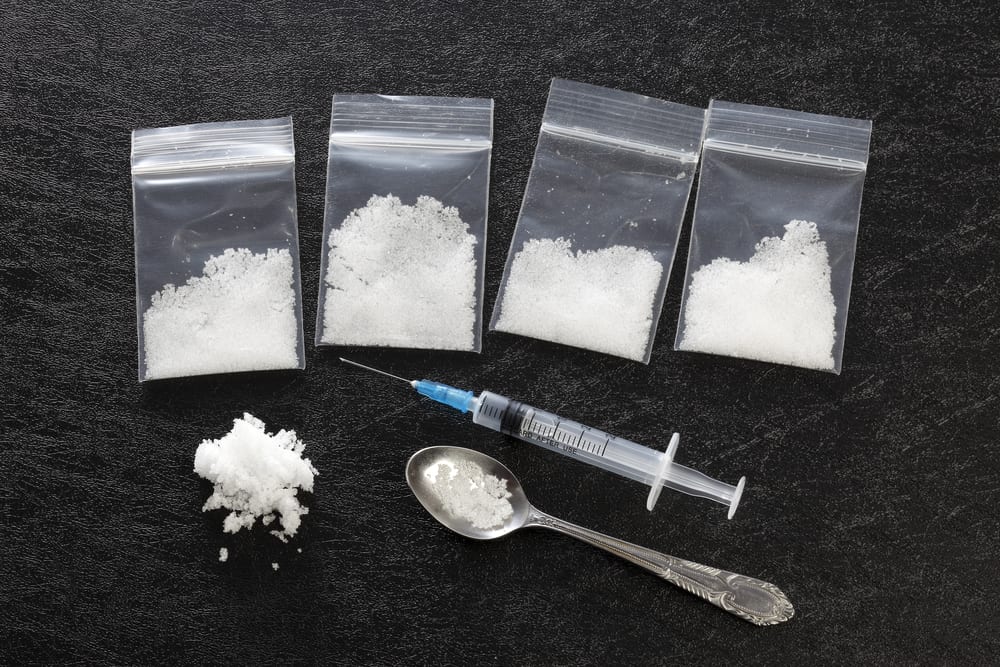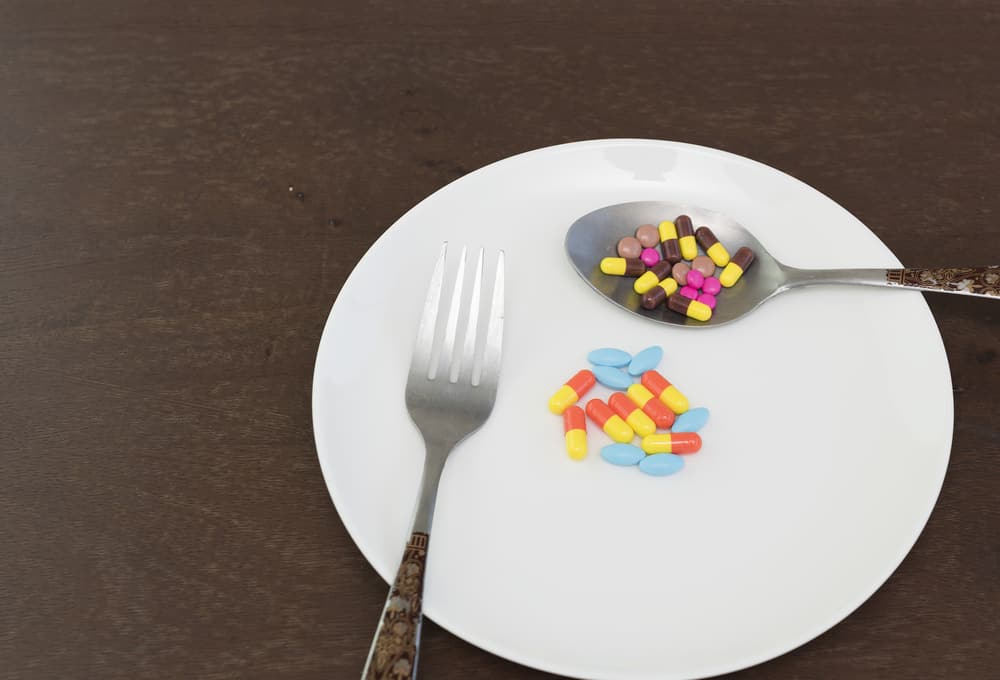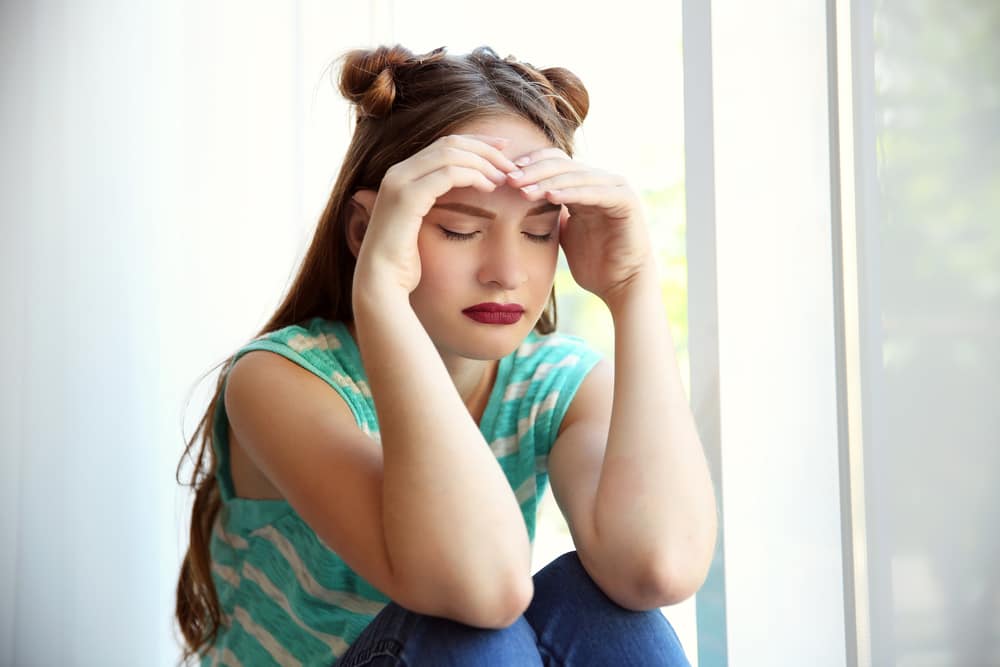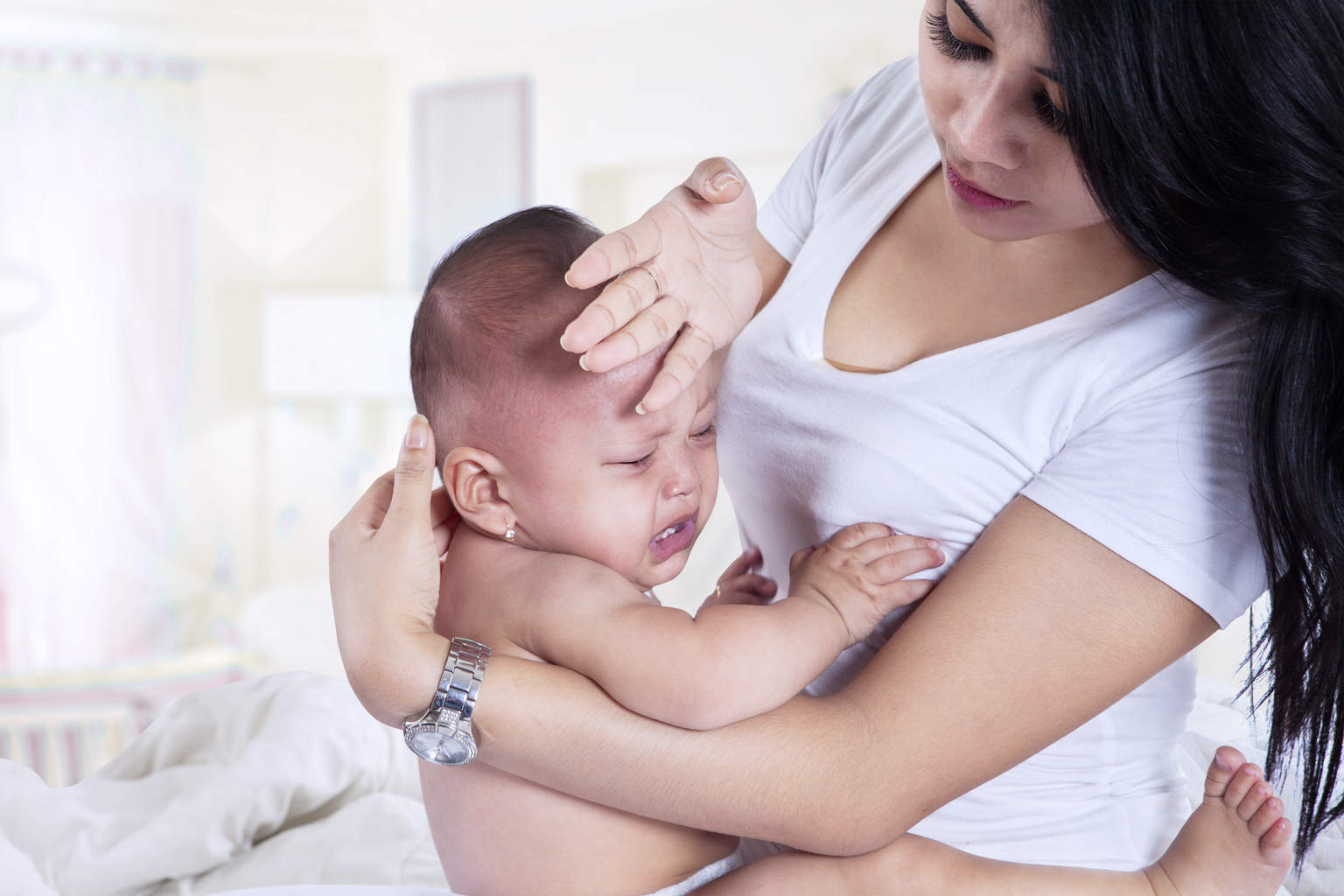Contents:
- Medical Video: Chickenpox Treatment | Treatment For Chickenpox | Chickenpox Symptoms | Signs Of Chickenpox | 2018
- Itching due to chickenpox should not be scratched
- What should be done to overcome the itching due to chickenpox?
- Do you need to take antihistamines?
Medical Video: Chickenpox Treatment | Treatment For Chickenpox | Chickenpox Symptoms | Signs Of Chickenpox | 2018
What do you think about when you hear 'chicken pox'? Red rash? Itching
Chicken pox is one of the infectious diseases that is often described by its red rash, which can make the sufferer feel itchy and spread throughout the body. Chickenpox usually occurs at the age of children, but it also does not rule out the possibility of occurring when it reaches adulthood.
Giving treatment for this disease depends on your age, your health condition, the length of time you are exposed and the symptoms shown. A child with a good immune condition is then exposed to chickenpox, may only need treatment to overcome the itchiness he feels, and to control his body temperature. But different things happen when you experience them in adulthood. Symptoms that you will feel may be more severe and even more at risk of complications.
Itching due to chickenpox should not be scratched
Chicken pox only occurs once in a lifetime. This is because the body has produced long-term endurance, thus minimizing the possibility of being exposed a second time.
Although it may only occur once in a lifetime, the itchiness caused by this disease does not seem to be underestimated. It should be noted, too, that itching is not recommended for scratching. This is because scratching the itchy part can increase the chance for the skin to become infected with bacteria to leave scars during the healing stage.
Moreover, one medium of transmission of this disease is through the fluid contained in the red rash. Viruses that cause this disease can be infected through direct contact with rash fluids, which may break when the patient scratches and is found on sufferers' items, such as clothes and bedding.
What should be done to overcome the itching due to chickenpox?
- Keep nails short and clean
- Instead of scratching, it's best to pat the itchy part
- Use cotton gloves while sleeping
- Soak in warm water
- Use cotton clothes that are loose and soft
- Use soap specifically for sensitive skin
- Soak in warm water mixed with oatmeal
- Reduce exposure to sunlight, because this might trigger itching
- Use an itch reducing lotion according to your doctor's prescription
- Compress the itchy part with water that has a cool temperature
- Change your clothes regularly
- Wash your hands with soap regularly
Do you need to take antihistamines?
Lotions and creams containing antihistamines should not be used when exposed to chickenpox. This is because you may have used a lot of drugs, so this has the potential to endanger your health.
Unlike the case if you consume antihistamines by mouth. This can actually reduce itching. You can use this condition, especially when you are going to sleep.

